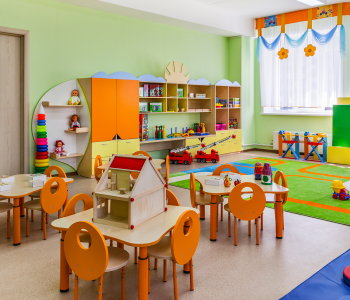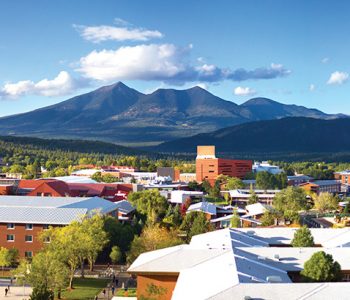 Education News
Education News
Meritocracy Under Siege
The Meritocracy is Under Siege
From The New York Times, June 12, 2019. Thomas B. Edsall – Opinion
From a positive vantage point, meritocracy is “a political system in which economic goods and/or political power are vested in individual people on the basis of talent, effort and achievement.”
Viewed negatively, such a system discriminates against the less highly educated and those who perform less well on ability tests. At the same time, meritocracy privileges an arrogant, complacent and entrenched elite — largely white, increasingly Asian — with the money, resources and connections to jump to the head of the line.
The brutal caste system that meritocratic competition engenders fuels politically potent rage. That rage found expression in 2016 when Trump’s electoral success depended heavily on the millions of non-college whites infuriated by what they perceived as their relegation to second class status.
This sector of the Trump electorate remains caught in a squeeze. Even as these voters are excluded from the new meritocratic elites occupying the upper echelons of the socioeconomic order, they see themselves threatened by ascendant minorities and immigrants pushing up from below. It doesn’t help that for the most part this new professional and creative class is allied, politically at least, with the interests of minorities and immigrants.
Much resentment focuses on the way in which the meritocracy is selected, through the education process, and on the winnowing effect of extensive standardized assessments that seek to measure and validate cognitive skills.
Discontent with meritocratic selection processes is by no means limited to those on the right.
In academia, where there is an ongoing struggle over the very concept of cognitive ability, critics have won some battles.









